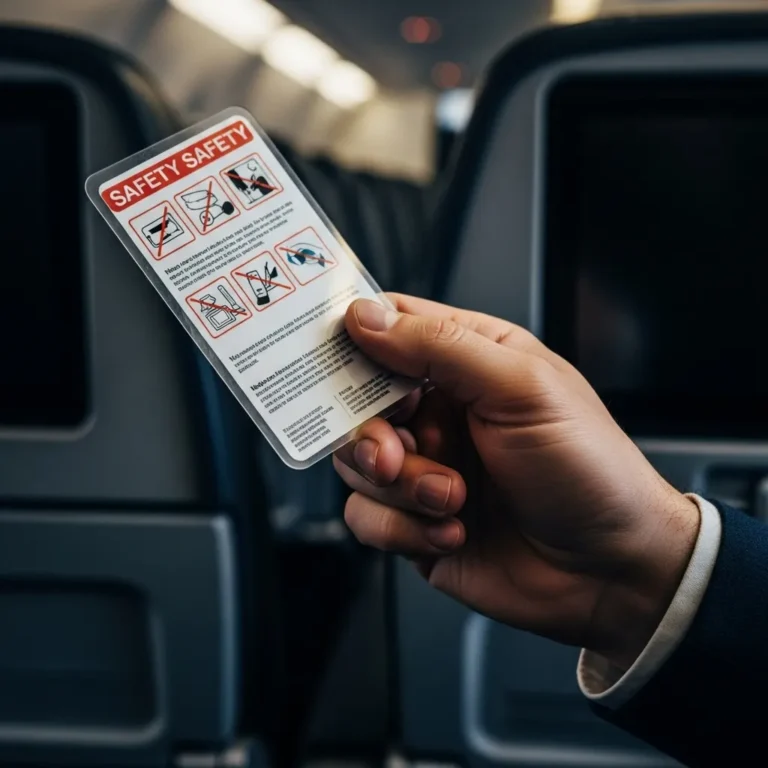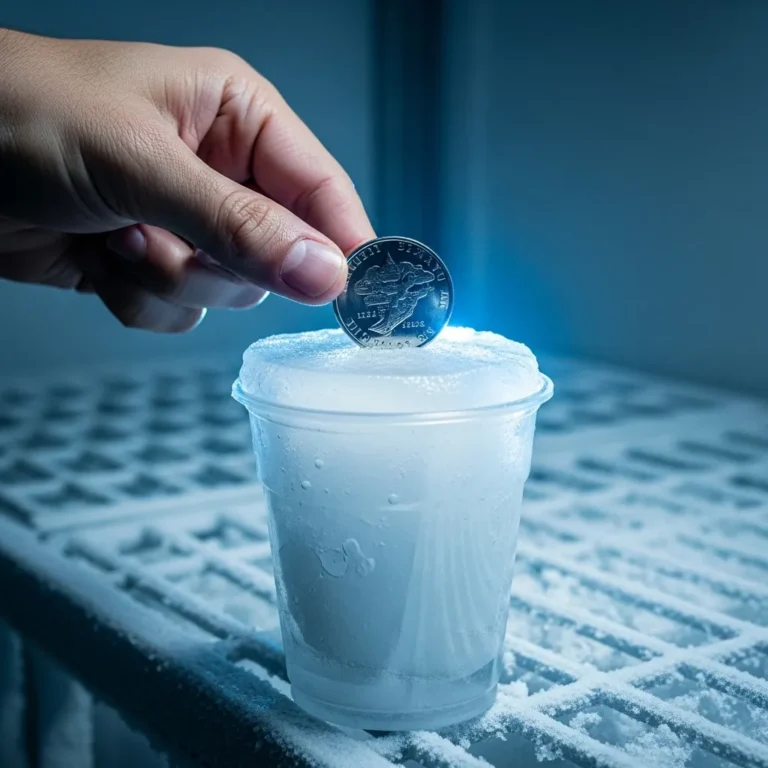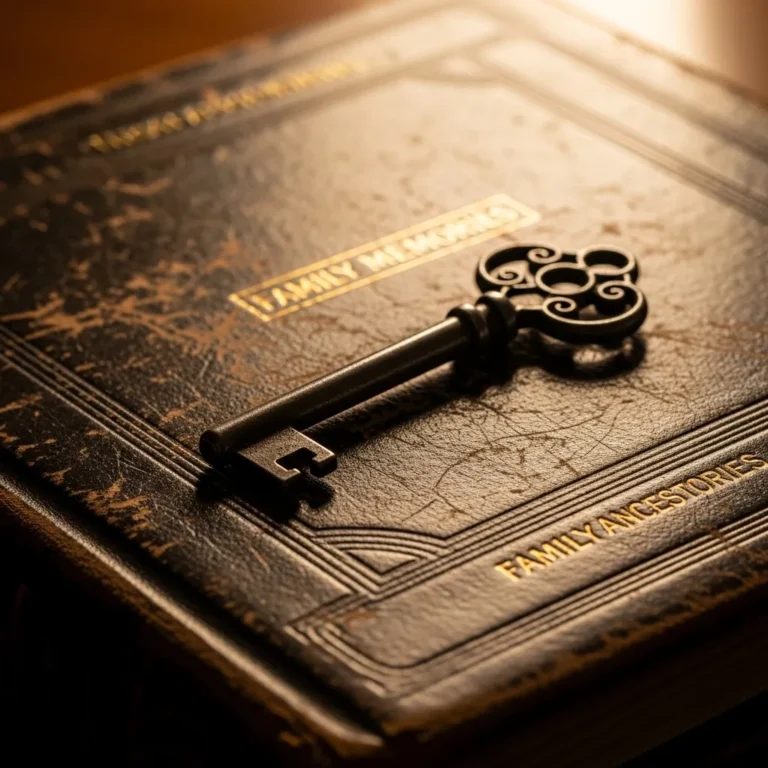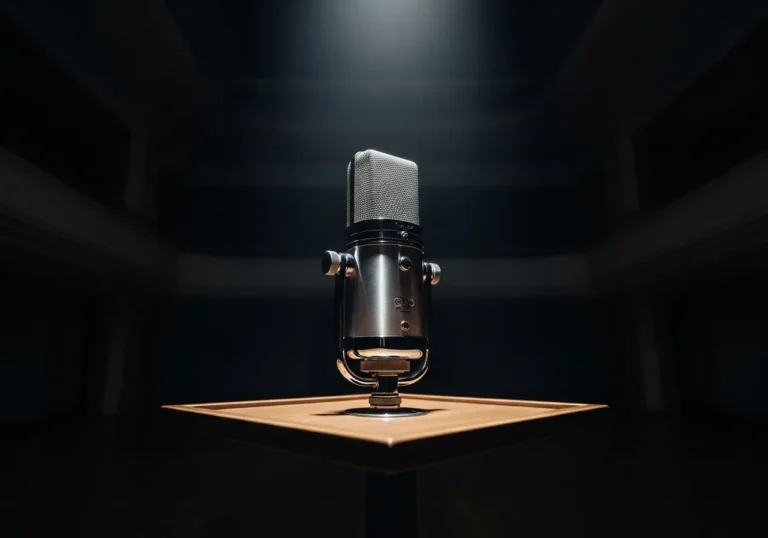
5. The “Guilt” Collection: Unwanted Gifts and Heirlooms
This is perhaps the most emotionally charged category of all. These are the items we keep not because we love or use them, but because we feel we *have* to. It’s the vase from an aunt that doesn’t match your decor, the set of crystal goblets you were given as a wedding gift but are too afraid to use, or the heavy, dark furniture inherited from a grandparent.
The psychology behind this is powerful. We often confuse the object with the person who gave it to us. Getting rid of the item can feel like we are rejecting their love or dishonoring their memory. This is a cognitive trap. The love and the memory are not stored inside the physical object. The gift served its purpose the moment it was given and received—it was an expression of affection. You are not obligated to provide lifetime storage for that expression.
Another psychological concept at play is the endowment effect, a term used by behavioral economists. It describes our tendency to place a higher value on things simply because we own them. That inherited armchair might be objectively uncomfortable and outdated, but because it’s *our* inherited armchair, we inflate its importance.
Strategies for Letting Go Gracefully
If an item has true sentimental value, but you no longer have space for it, take a high-quality photograph of it. You can create a digital or physical photo album of these cherished memories, which takes up far less space. Sometimes, simply documenting the item is enough to give you permission to let the physical object go.
When it comes to family heirlooms, communication is key. Before assuming your children or grandchildren want the giant china cabinet, ask them. Be prepared for them to say no, and don’t take it personally. Tastes and lifestyles change. You can have a gentle conversation by saying something like, “I’m looking to simplify my home, and I’m not sure what to do with Grandpa’s old desk. It means a lot to me, but I don’t have the space for it. Would you be interested in having it?” If they decline, you have freed both yourself and them from the burden of guilt. Selling the item and using the money for a family dinner or trip can be a wonderful way to transform a physical legacy into a memorable experience.











